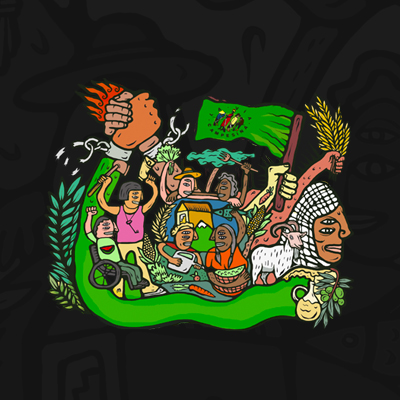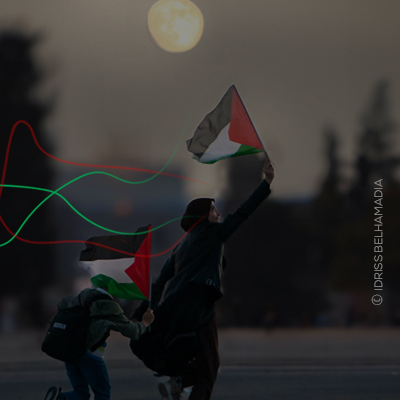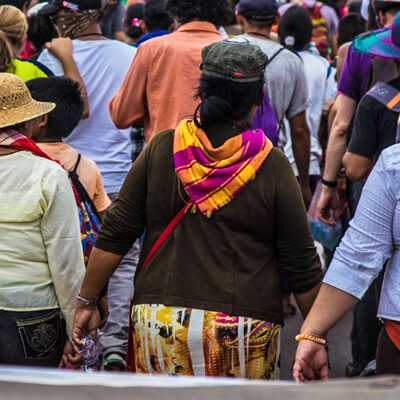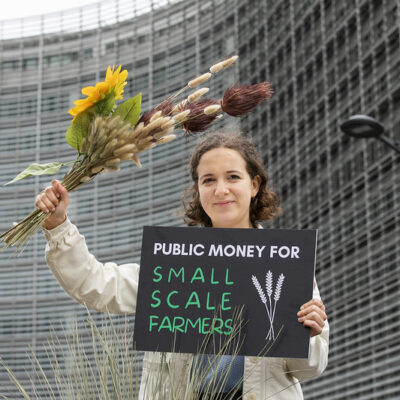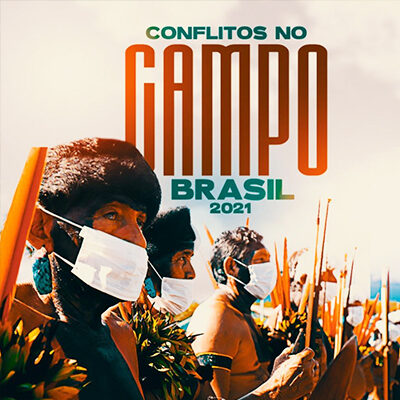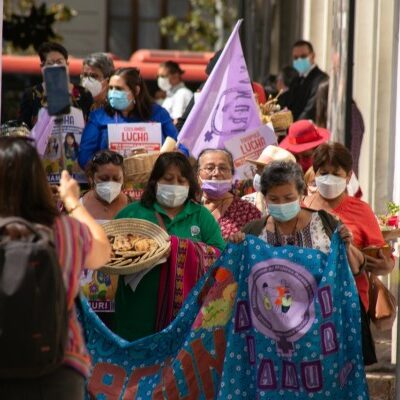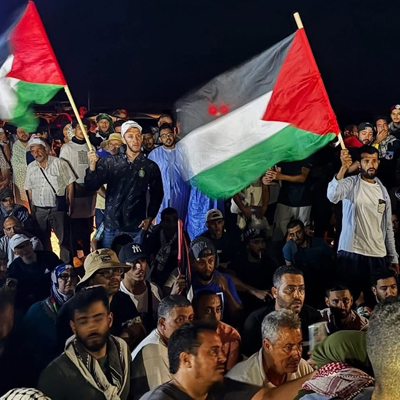
“The Sumoud Convoy and the Israeli attack on Iran are interconnected”
“In the early hours of today, the Israeli occupation launched large-scale airstrikes on Iran — a dangerous development that transforms what was already a genocidal campaign in Palestine into a regional war with unforeseeable consequences”, warned this Friday La Via Campesina. “This marks a new phase in a long-standing colonial project, now fueled by imperialist impunity, aimed not only at…



